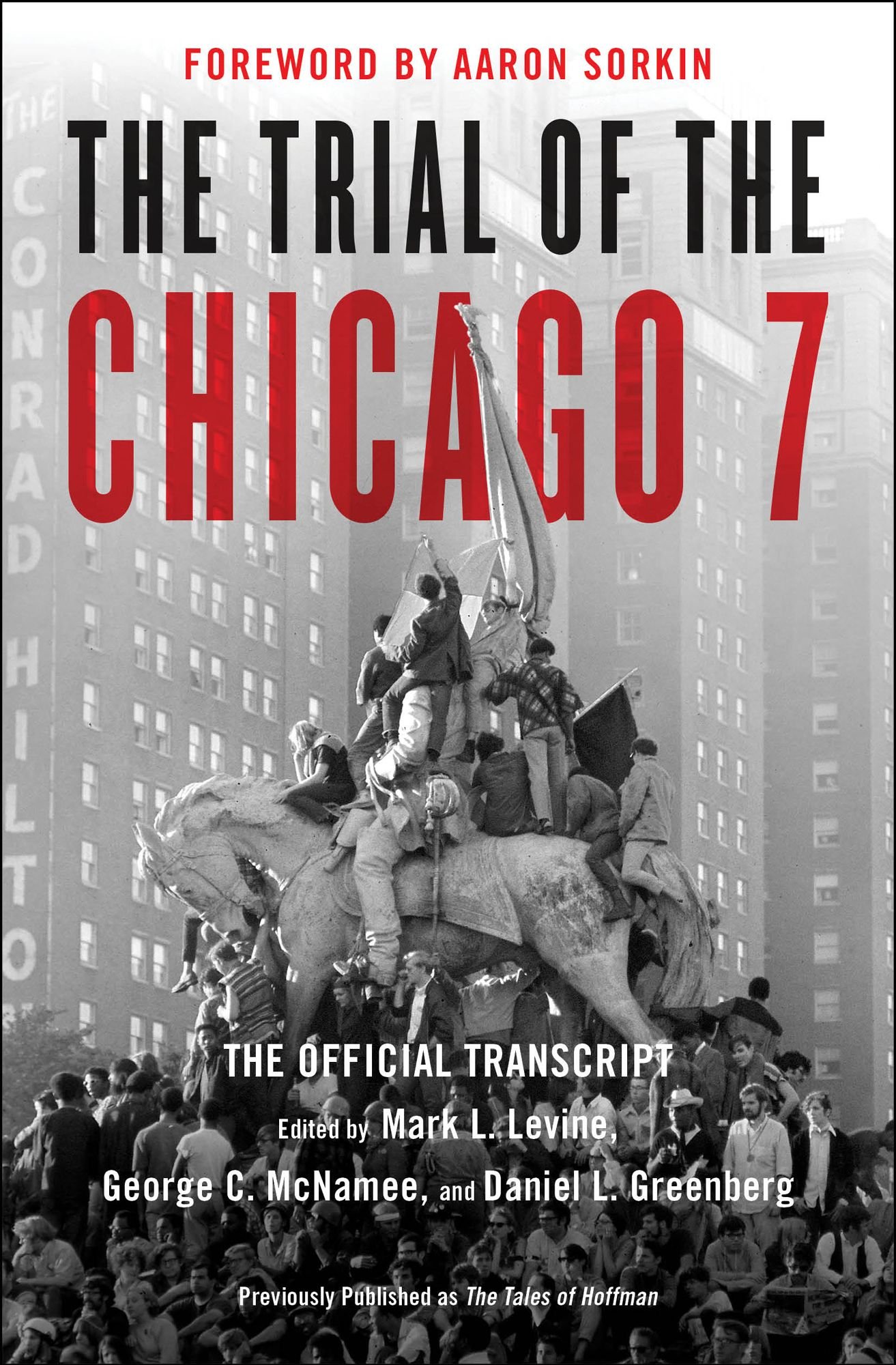

In reality: The defendants were known to disrupt and mock the judge throughout the trial. Five - Davis, Dellinger, Hayden, Hoffman and Rubin - were fined $5,000 each and convicted of crossing state lines with the intent to riot, which carried a five-year prison sentence. 18, 1970, all were acquitted of conspiracy charges, with Froines and Weiner being acquitted of all charges. The trial drew widespread media attention and lasted nearly five months, from September 1969 to February 1970. Seale was eventually removed from the proceedings due to a mistrial, dropping the number of defendants to seven. The defendants included Abbie Hoffman, Jerry Rubin, Tom Hayden, Rennie Davis, David Dellinger, John Froines, Lee Weiner and Bobby Seale, who was a co-founder of the Black Panther Party. Originally the Chicago Eight, the activists featured in the film faced federal charges of conspiracy and crossing state lines with the intent to start a riot.

curfew in the city’s parks, where many of the protesters were camped. 25-28 as Chicago police, armed with tear gas and billy clubs, tried to enforce an 11 p.m. involvement in the Vietnam War at the 1968 Democratic National Convention.įour days of riots and violence broke out Aug. It tells the story of a group of activists who were on trial after they traveled to Chicago to protest U.S. In Aaron Sorkin’s "The Trial of the Chicago 7," which debuted on Netflix in October 2020, the answer is a mixture of accuracy and narrative embellishment. What happens when one of Hollywood’s most famous writer-directors undertakes retelling one of the most infamous trials in modern U.S.

(We've also fact-checked Judas and the Black Messiah and Mank.) Warning, major spoilers and plot points ahead! With this year’s Oscars featuring historically based movies up for Best Picture honors, we wanted to help you sort out the facts from the dramatic liberties.
The trial of the chicago 7 movie#
Editor's note: Have you ever wondered if the movie you just saw - that claimed to be based on a real story or historical events - was really accurate? So have we.


 0 kommentar(er)
0 kommentar(er)
